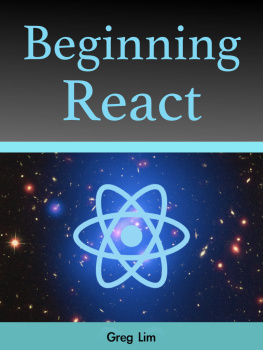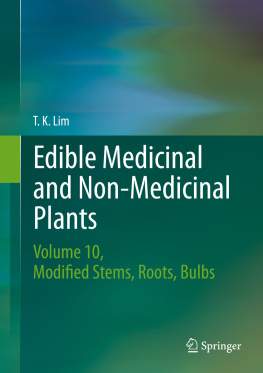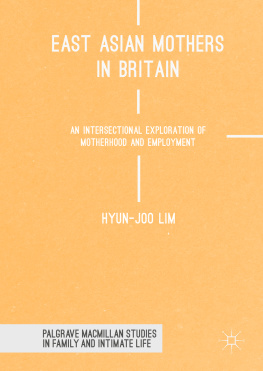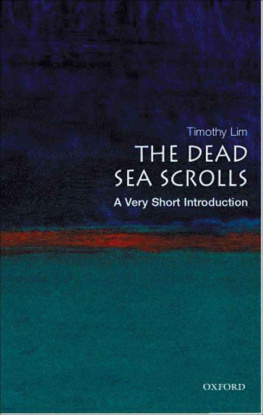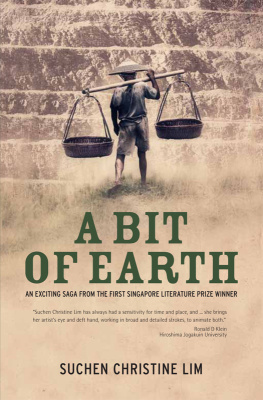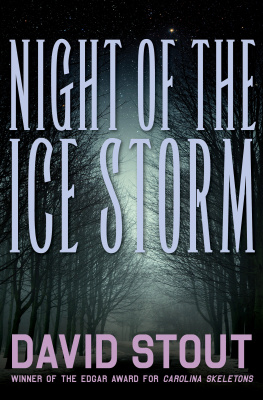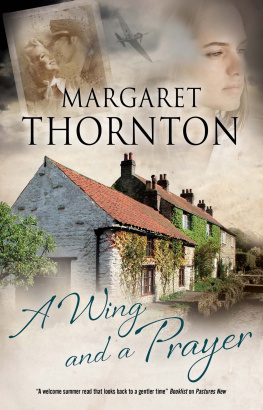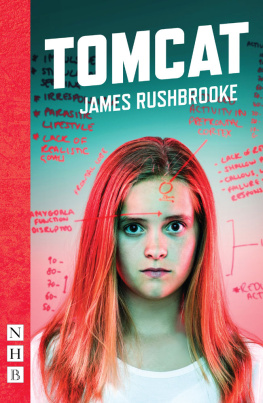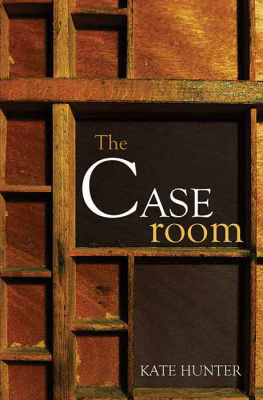When it first appeared in 1984, Suchen Christine Lims Rice Bowl formed a landmark publication. One of the earliest fully-fledged novels of post-independence Singapore, it reflected the countrys recent history, suggesting how its unique position in an increasingly globalised world, the complexities of its past, and a probing search for its traditions could be turned into the central motifs of an emergent nations literature. Today, Lims first novel represents a crucial part of Singapores literary history, providing not only a vital example of the beginnings of the countrys post-war fiction, but also important insight into a turbulent and yet often forgotten part of the history and culture in Southeast Asia.
Assistant Professor Tamara S Wagner
Division of English, Nanyang Technological University, Singapore
Cast out from Malaysia and denied a hinterland, how was Singapore to survive? Was it by rational planning to feed the stomach or by learning to have a consciousness of the land and people, thereby feeding the mind, the spirit and the imagination? Opposing viewpoints fuel the tension between Marie and her first love, Paul. Is Sister Marie, the activist nun, naive in the face of controlling forces? A peaceful demonstration goes wrong and she is deported. Marie leaves Singapore with the experience of a raised awareness that takes in history and class. Paul is left alone with his rational development that cannot console his soul. Marie may be naive, but the novel is not. Rice Bowl speaks to us today, through powerful writing that instructs, educates and moves, showing how history can be retrieved and changed to release creative energies.
Peter Nazareth
Professor of English, University of Iowa
Suchen Christine Lims first novel, Rice Bowl, attempts to represent a totality of Singaporean society. It moves beyond the single communal entity to question the what and why of an evolving national identity. An identity novel and a bildungsroman ... it has a much broader sweep, moving to issues of national cohesion and national identity formation.... Rice Bowl is also a campus narrative. The major character is a Westernised idealist who constructs an individualists version of Singapore's identity.... Marie is a complex character whose appealing idealism masks egotistical drives.... Against this charismatic figure, the novel portrays a sceptical, cautious male whom Marie rejects as an inarticulate Singaporean male, limiting and rigid. The clash of ideological positions is figured in their eventual developments.
... In the midst of this debate are suffering individuals who need rescue. Ser Mei ... is forced into prostitution by a greedy mother and dies as a possible suicide; Mak, the male chauvinist and Communist agent-provocateur goes crazy in his attempts to radicalise the students-workers protest activities; Yean, rich and confused, is unable to stop her father from moving his entire family to California.... The concluding scene when Paul leaves behind the avenue of consumerist vulgarity for a quiet war-memorial park, is one of separation and loss.
from Writing Against The Grain
Shirley Geok-Lin Lim University of California, Santa Barbara
The late 60s and 70s were important for Suchen Christine Lim. She established and clarified her values and attitudes during those years, close after Singapores independence and in the first flush of the countrys development. Malaysia-born, she was conscious of having chosen Singapore as my nation. We were at the crossroads, trying to decide whether we should migrate. Would we have a future here? Not surprisingly, Rice Bowl captures the uncertainty, questioning and struggles of a group of young people in those early days.
Caroline NguiThe Straits Times, 1984

2009 Suchen Christine Lim
Cover art by OpalWorks Co. Ltd
First published 1984 by Times Books International. Reprinted 1989, 1991 and 2005.
This edition published 2009 by
Marshall Cavendish Editions
An imprint of Marshall Cavendish International (Asia) Pte Ltd
1 New Industrial Road, Singapore 536196
All rights reserved.
No part of this publication may be reproduced, stored in a retrieval system or transmitted, in any form or by any means, electronic, mechanical, photocopying, recording or otherwise, without the prior permission of the copyright owner. Request for permission should be addressed to the Publisher, Marshall Cavendish International (Asia) Private Limited, 1 New Industrial Road, Singapore 536196. Tel: (65) 6213 9300.
Fax: (65) 6285 4871. E-mail: .
Website: www.marshallcavendish.com/genref
The publisher makes no representation or warranties with respect to the contents of this book, and specifically disclaims any implied warranties or merchantability or fitness for any particular purpose, and shall in no events be liable for any loss of profit or any other commercial damage, including but not limited to special, incidental, consequential, or other damages.
Other Marshall Cavendish Offices
Marshall Cavendish Ltd. 5th Floor 3238 Saffron Hill, London EC1N 8FH, UK Marshall Cavendish Corporation. 99 White Plains Road, Tarrytown NY 10591-9001, USA Marshall Cavendish International (Thailand) Co Ltd. 253 Asoke, 12th Flr, Sukhumvit 21 Road, Klongtoey Nua, Wattana, Bangkok 10110, Thailand Marshall Cavendish (Malaysia) Sdn Bhd, Times Subang, Lot 46, Subang Hi-Tech Industrial Park, Batu Tiga, 40000 Shah Alam, Selangor Darul Ehsan, Malaysia
Marshall Cavendish is a trademark of Times Publishing Limited
National Library Board Singapore Cataloguing in Publication Data
Lim, Suchen Christine
Rice bowl / Suchen Christine Lim. New ed. Singapore : Marshall Cavendish Editions, c2009.
p. cm.
eISBN: 978 981 4484 41 1
1. Youth Singapore Fiction. 2. Singapore History 1965-1990 Fiction. I. Title.
PR9570.S53
Printed in Singapore by KWF Printing Pte Ltd
For
Chi-Minh, Chi Sharn
and Shannan
ACKNOWLEDGEMENTS
I am deeply grateful to Professor Lucille Hosilos (retired), University of the Philippines, who was Visiting Professor at the National University of Singapore at the time of the writing of this novel, and Mrs Rosalind Chan, former editor of Singapore University Press. Both gave me a desk and a private space to write this novel when I was still a student in the university.
Influences while I was writing the novel, more than 25 years ago, included The Cultural Revolution (1969) by Joan Robinson; Red Star Over China (1968) by Edgar Snow; the songs and hymns composed by Sister Miriam Therese Winter, Medical Mission Sisters, especially their groundbreaking Piano/Vocal Collection, Joy Is Like The Rain (1966); and the poetry of Elizabeth Jennings (19262001), especially her poem, Friends.
Lines quoted in the book: I walked one morning by the sea ... from A Long Road to Freedom, song by Sister Miriam Therese Winter; Listen to this ... poem by Anonymous; and I fear its very wrong of me ... from Friends, poem by Elizabeth Jennings.
I thank my editor, Lee Mei Lin, for working closely with me on this new edition.
A NOTE TO THE READER
It is 25 years since Rice Bowl was first published in 1984. Since then, the novel has had three reprints in 1989, 1991 and 2005. Instead of a fourth reprint this year, Marshall Cavendish decided to issue a new edition, and I thought it was a good opportunity for me to look at the novel again.
I must confess that I have not read
Next page

